Project Scorpio will play UWP PC games at 4K, power all Microsoft game development [Exclusive]
A highly credible source recently spoke to me about the nature of Project Scorpio, helping to confirm many of our previous suspicions about the console.
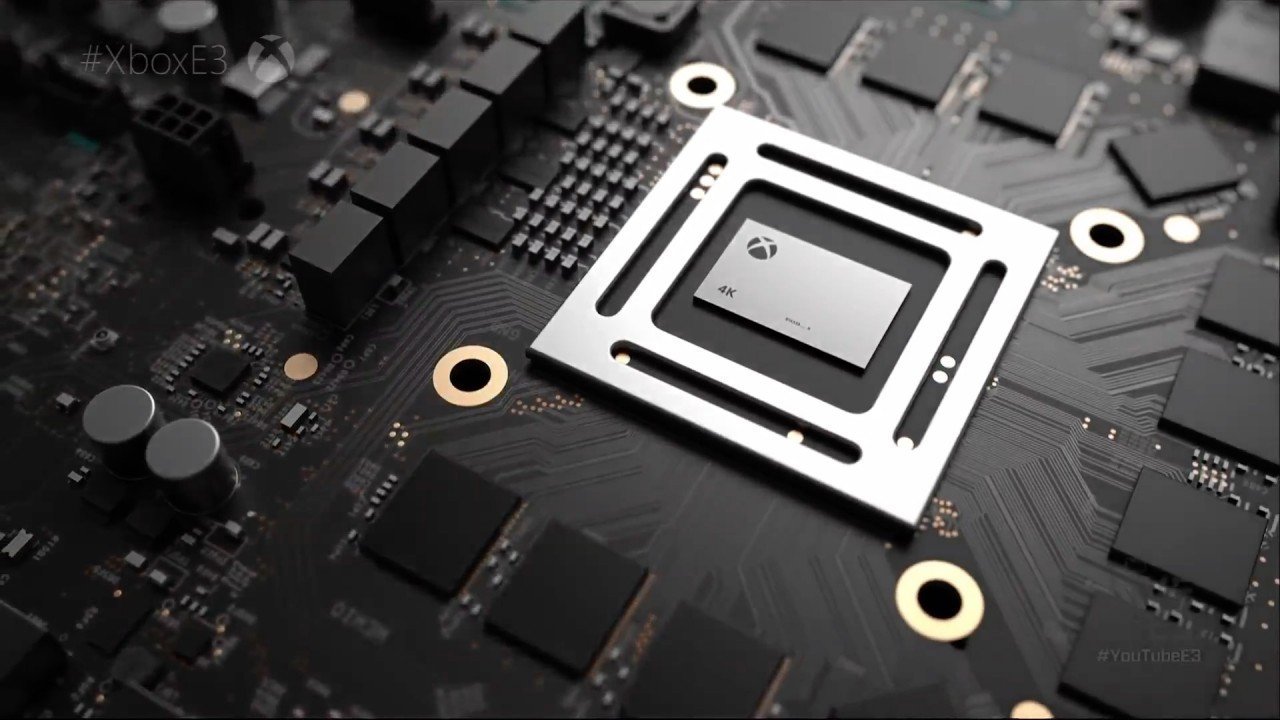
Project Scorpio is the codename for Microsoft's next Xbox console. Detailed at E3 2016, Project Scorpio will sport 6-teraflops of computational power when it launches next year, easily superseding Sony's 4.2-teraflops PlayStation 4 Pro to become the most powerful console ever made.
Xbox chief Phil Spencer described how Project Scorpio is designed to power 4K games and "high-fidelity VR." Now we have a better idea of how Project Scorpio will achieve 4K visuals in its games, and also maintain its promise of having no exclusives vs. its Xbox One sibling.
Project Scorpio story so far
As noted, Project Scorpio was unveiled at E3 2016 as the "most powerful console ever made," but apparently, Scorpio wasn't intended for an E3 unveiling at all. The PlayStation 4 Pro leaks weeks prior led Microsoft to show their hand early, having previously only shown the early Scorpio dev kits to a few developers and publishers.
The change in plans might have been what led to the rumored Xbox streaming stick to being canceled, apparently at the last minute. Head over to the link below for more information on that.
What happened to the Xbox streaming stick?
The early Project Scorpio reveal has allowed Microsoft to dictate the computational power narrative for the past few months as a result. And guess what, you might have already played some Scorpio games.
Project Scorpio will run 4K Universal Windows Platform PC, and Xbox One games
The Coalition has previously confirmed that Gears of War 4 is ready to run at a 4K resolution on Project Scorpio. This is because Project Scorpio can run 4K Windows 10 Store Universal Windows Platform (UWP) games natively, without additional development or porting required. If you've played Gears of War 4, Forza Horizon 3 or Rise of the Tomb Raider at a 4K resolution on a high-end PC, you already have an idea of how gorgeous games will look on Project Scorpio.
Get the Windows Central Newsletter
All the latest news, reviews, and guides for Windows and Xbox diehards.
If you've played Gears of War 4, Forza Horizon 3, or Rise of the Tomb Raider at a 4K resolution on a high-end PC, you already have an idea of how gorgeous games will look on Project Scorpio.
UWP (Universal Windows Platform) is a family of tools (APIs) that are standardized across the Windows 10 device family.
With minimal changes, developers have been able to create apps for Windows 10 and Windows 10 Mobile that work across all sorts of devices, including phones, laptops, tablets, Xbox One consoles and even the holographic HoloLens.
Our source told us that any game programmed natively for UWP on Windows 10 will run on Project Scorpio with a trivial amount of changes. This has always been Microsoft's vision for UWP.
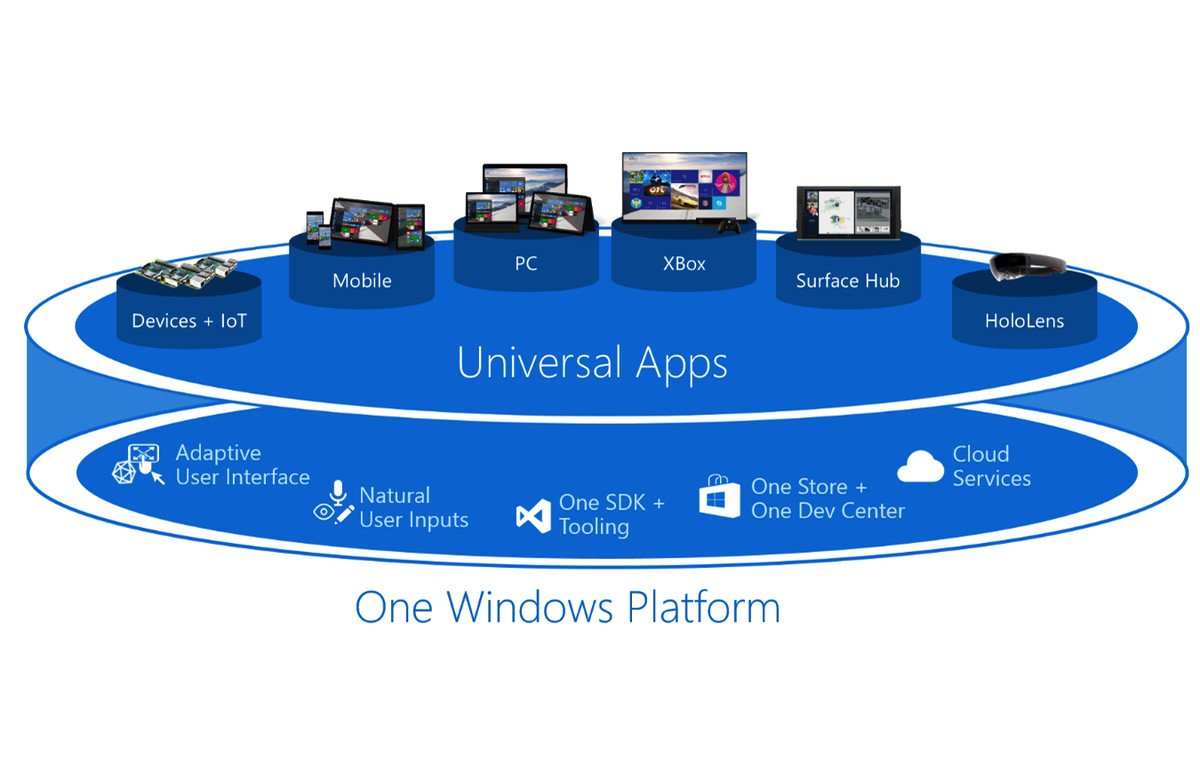
The apps we have on Xbox One today were programmed for Windows 10 and ported across to the console with few alterations. However, since the Xbox One lacks the computational power, Scorpio-exclusive VR games will be packaged separately.
Update: To clarify, developers won't be forced to hit 4K resolution with their games, they can use Scorpio's power to create rich, detailed experiences at 1080p should they so choose. What we're hearing so far is that AAA games already available on UWP via the Windows 10 Store (such as Gears of War 4) will run at 4K on Project Scorpio. Time will tell how other developers use Scorpio's power.
Project Scorpio will be a "one-stop shop" for all Windows 10 and Xbox development
Our source told us that Project Scorpio dev kits will be a "one-stop shop" for all Xbox platform development. Project Scorpio will be able to mimic an Xbox One at a hardware level so developers can test how their games scale between different power levels. This system is known internally as Project Helix.
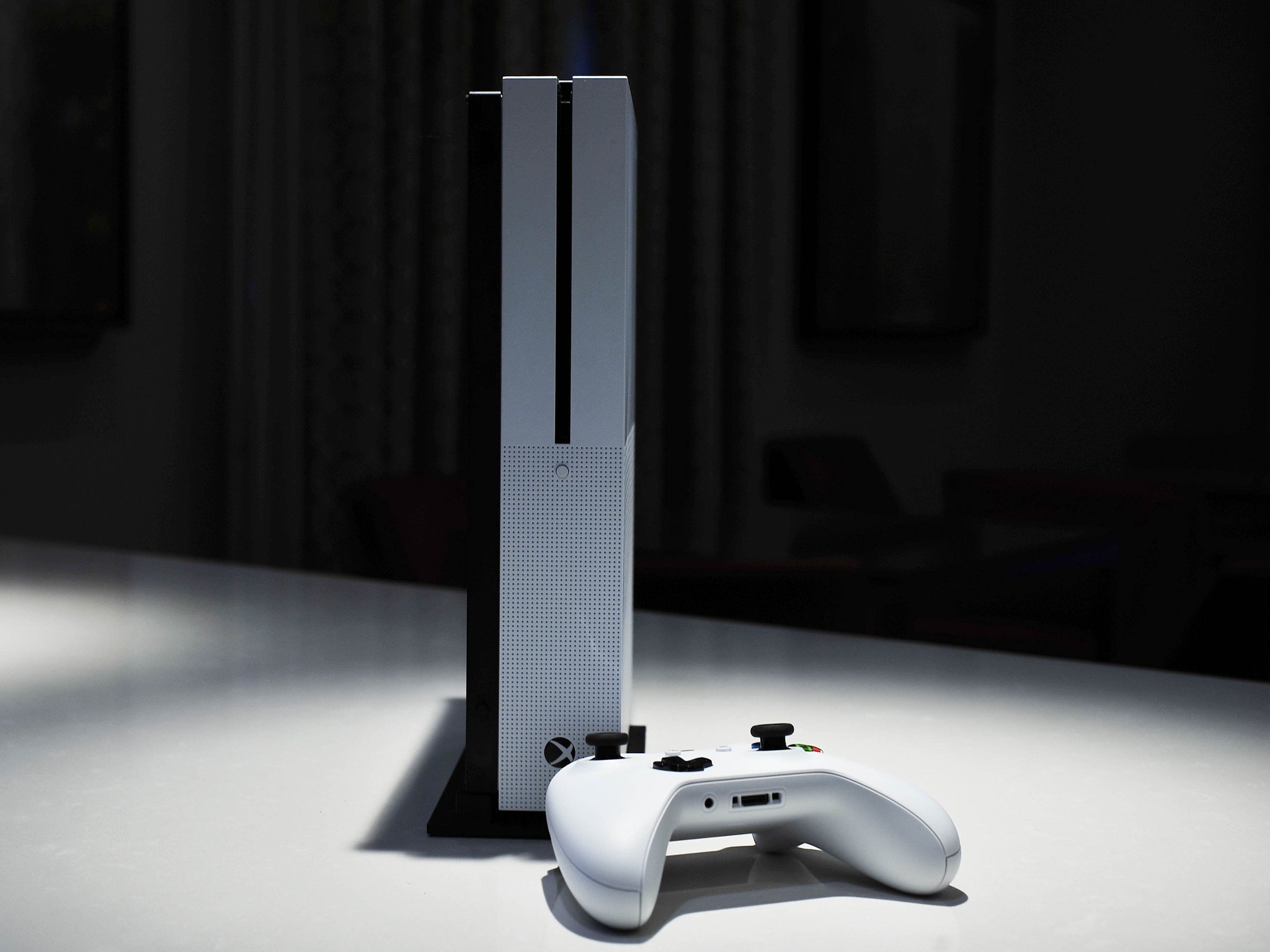
Effectively, the Xbox team have streamlined development across Windows 10 Store PC, Xbox Scorpio and Xbox One, allowing developers to easily and efficiently deliver a game for all three endpoints in a single package.
When a game is being run by a customer, it will detect the hardware making the runtime request and unpack the correct assets dynamically. Since UWP games on PC already support most Xbox features, including controllers, there will be a minimal amount of work involved when bringing PC UWP games to the Xbox consoles. Our source told us that games such as Gears of War 4, ReCore, Rise of the Tomb Raider and Forza Horizon 3 are already using this system on Xbox One and Windows 10 PCs today. There's also a fair chance the new Call of Duty on the Windows 10 Store is also using this system to prepare for Scorpio, but without seeing the app's manifest, there's no way to know for sure.
So, what does all of this mean? If developers are making games for Project Scorpio, they are already making games for the Windows 10 Store and vice versa. Native third-party UWP Windows 10 Store games such as upcoming titles like GWENT: The Witcher Card Game, Cuphead and Everspace will be 4K Scorpio-ready purely as a result of being developed for PC.
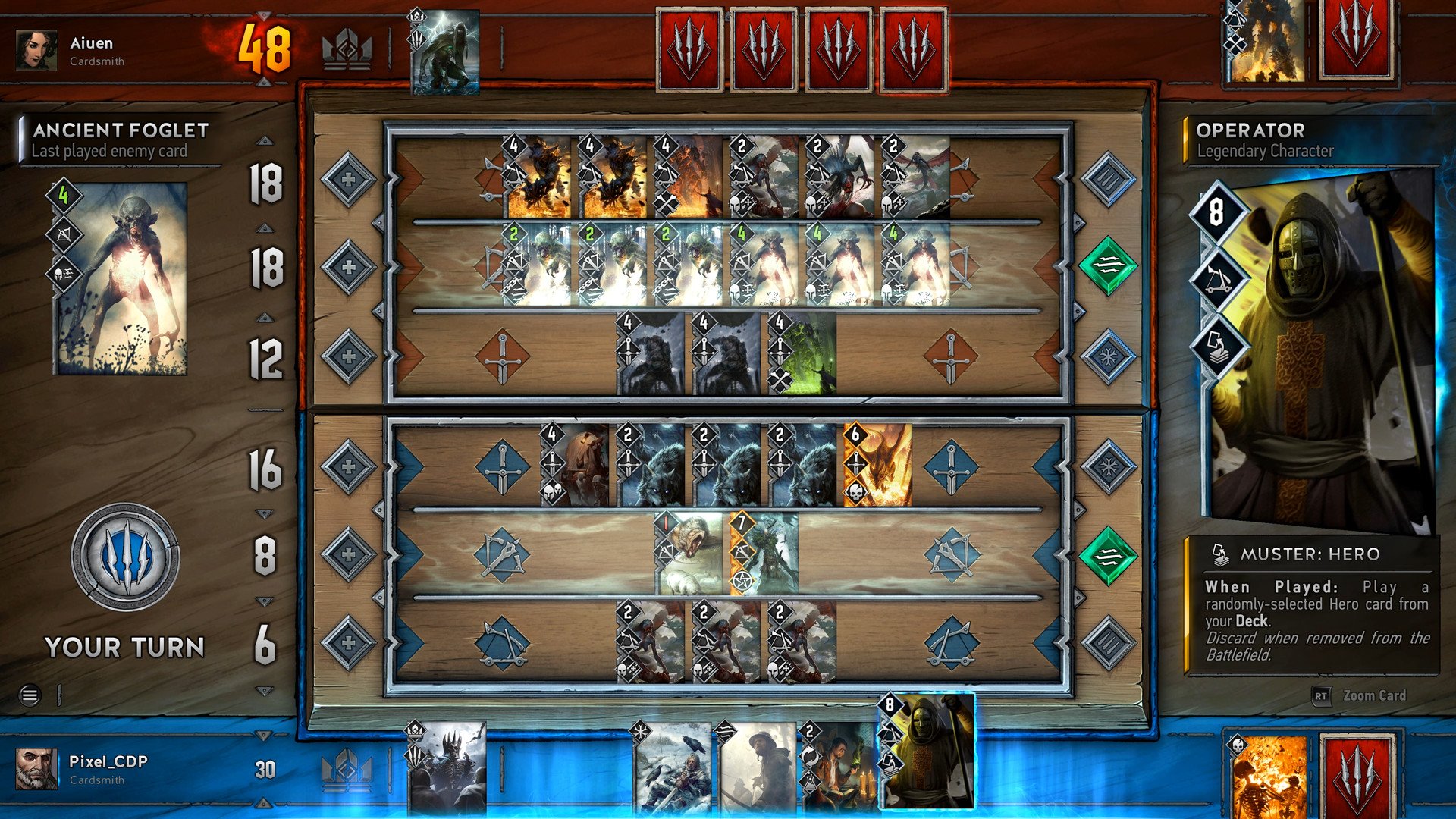
This isn't to say that Project Scorpio will allow keyboard and mouse PC players to compete against console players (unless it makes sense, in the case of GWENT: The Witcher Card Game). The Windows and Xbox Store will intelligently handle which version of the game is available to your device. Halo Wars 2, for example, will be segregated between PC and console, with support for keyboard and mouse when downloaded from the Windows 10 Store. Keyboard and mouse support is supposedly on the way for Xbox consoles too, but we're not sure whether that will just be for apps or something more.
Regardless, being able to develop simultaneously for Windows 10 PC, Xbox One and Project Scorpio in a single package should not only ensure more AAA games for the Windows 10 Store, but also a consistently gorgeous 4K experience across both Scorpio and high-end PCs. And thanks to Project Helix, the promise of "no Xbox One owner left behind" will be met, as we've already seen games like Gears of War 4 scaling between Xbox One and high-end PCs. Awesome.
What does this mean for Project Centennial?
Project Centennial in a gaming context, as demonstrated by Phil Spencer back at Build 2016, is a system that allows a developer to take a Win32 game (typical of Steam) and easily wrap it for deployment on the Windows 10 Store. Microsoft demonstrated how Win32 games like Age of Empires II HD and The Witcher 3 could be prepared for the Windows 10 Store as .appx files with relative ease.
However, according to our source, Project Centennial is not being used for Project Scorpio at all. Games packaged for UWP this way are still, at their core, Win32, which means that Project Scorpio and the Xbox One will not be able to run them. Some have speculated that Scorpio might have had a more PC-like architecture, allowing Centennial games to run on the system, paving the way for Windows sizable gaming backlog to hit the console. The fact Scorpio will require developers to build their games natively, either for UWP or via the XDK, ensures that Microsoft will keep their promise of Scorpio having no exclusives vs. the original Xbox One (with the exception of VR).
Project Scorpio will run on the Xbox One OS, for the most part
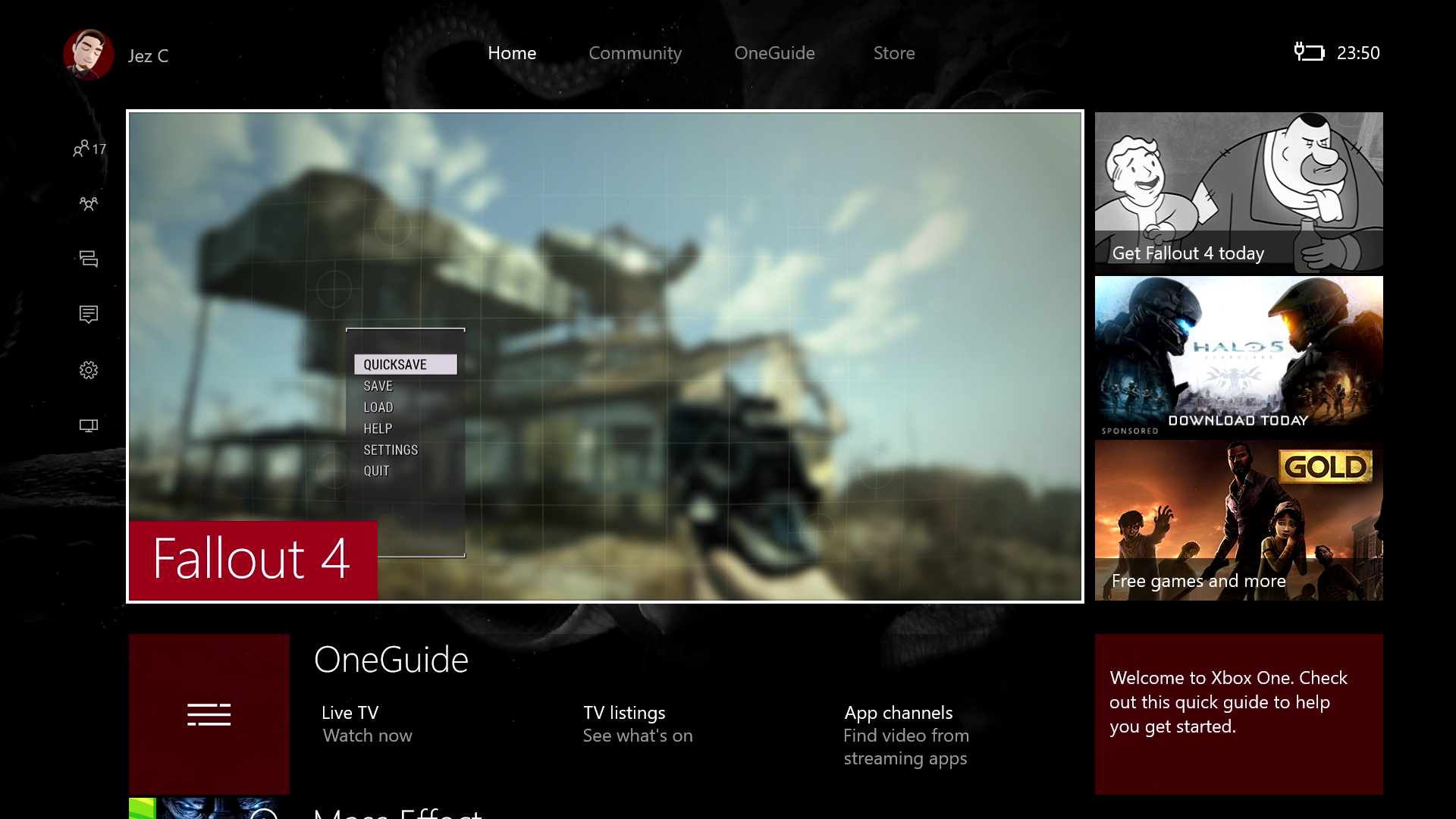
Finally, Project Scorpio will run on the Xbox One OS, with additional features that support VR and 4K gaming. Whether it will retain the same visual interface is unknown, but considering Project Scorpio is designed to sit alongside the Xbox One, rather than supersede it, it makes sense.
This means that all of the investment in features for Xbox One, including backward compatibility with Xbox 360, the upcoming Arena, Looking For Group and Clubs update, Beam streaming integration, Cortana, UWP apps, your Xbox One game library and more will be available on Project Scorpio.
So, will the Windows 10 Store try and compete with Steam?
In the short term? Not exactly. When Scorpio launches in the second half of 2017, I'd expect UWP Windows 10 PC gaming will remain a companion service for Xbox gamers who have invested in the ecosystem already. Picking up a game from the Windows 10 Store makes far more sense if you're invested in your Xbox Live gamerscore, friends list and features such as Xbox Play Anywhere. Of course, there's no guarantee developers will bring their Scorpio games to the Windows 10 Store, even if Project Helix makes it incredibly easy.
Microsoft's Mike Ybarra has stated to me previously that he doesn't see Xbox as "taking on Steam," and indeed, UWP .appx games can be distributed on third-party stores, such as Steam. Microsoft hasn't made any policies against that scenario.
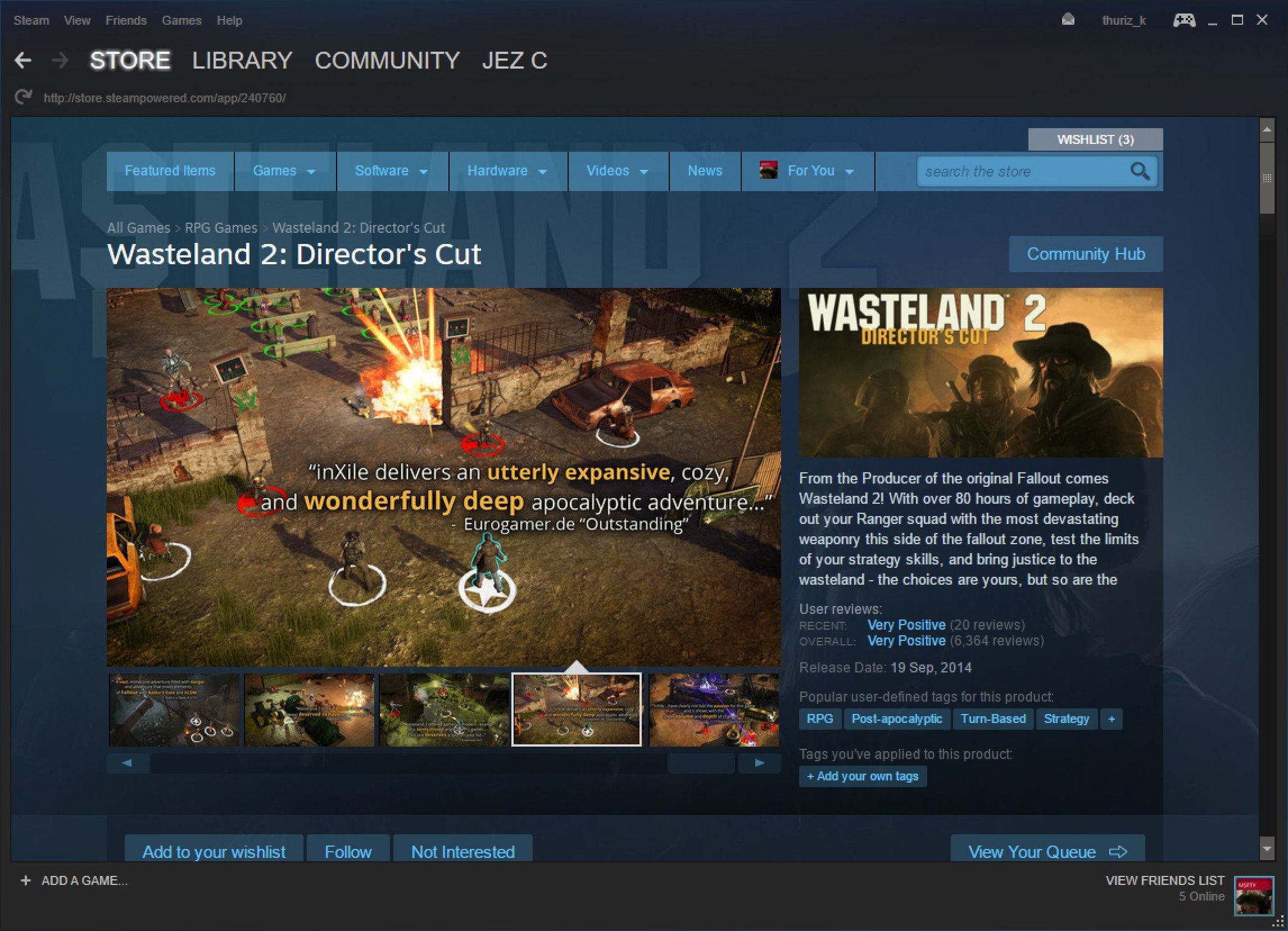
UWP .appx games can be distributed on third-party stores, such as Steam. Microsoft hasn't made any policies against that scenario.
UWP games have a fair few advantages over traditional Win32 games. Developed properly with DX12, UWP titles use system resources more efficiently than a Win32 game, dropping the need for full-screen exclusive mode, making multi-tasking far easier. Project Helix could also ensure that games hit PC with more polish. There are plenty of recent, high-profile examples where games have been ported poorly from console to Win32.
However, UWP as a platform is immature. Game engines, hardware, and developers haven't fully caught up. As a recent example, Activision have failed to provide cross-play between the UWP and Win32 PC versions of Call of Duty Infinite Warfare, despite the Windows 10 Store and UWP fully supporting that kind of functionality. Mods are a staple of Win32 gaming that haven't yet seen much traction on UWP or consoles. And perhaps the biggest barrier for Microsoft are core PC gamers themselves, who are heavily invested in the Win32 Steam ecosystem on the back of years and years of worth of great content and legendary Steam sales, among other reasons.
Either way, Project Scorpio will further bridge the gap between Windows 10 PC and console, and should have the knock-on effect of making the Windows 10 Store's PC game offering a little more credible for Xbox fans who want a bit of consistency between their console and PC gaming experience. Traditional console gamers might even begin exploring PC gaming rigs to take advantage of Xbox Play Anywhere, as gaming remains one of the few PC categories showing growth. Hopefully, developers both big and small may find the promise of unified development and distribution across Windows 10, Xbox One and Scorpio extremely attractive.
UWP is a fully open ecosystem, available to every developer, and can be supported by any store. Broad range of tools https://t.co/LqPcjRFzu9UWP is a fully open ecosystem, available to every developer, and can be supported by any store. Broad range of tools https://t.co/LqPcjRFzu9— Phil Spencer (@XboxP3) March 4, 2016March 4, 2016
Microsoft will no doubt further detail how developers can bring their games to Scorpio via UWP at Build 2017, with a major reveal later on at E3 2017. Given what we've learned, it's safe to say that Project Scorpio has the potential to change the gaming landscape, rather than being a simple 4K Xbox One upgrade.

Jez Corden is the Executive Editor at Windows Central, focusing primarily on all things Xbox and gaming. Jez is known for breaking exclusive news and analysis as relates to the Microsoft ecosystem while being powered by tea. Follow on Twitter (X) and Threads, and listen to his XB2 Podcast, all about, you guessed it, Xbox!
